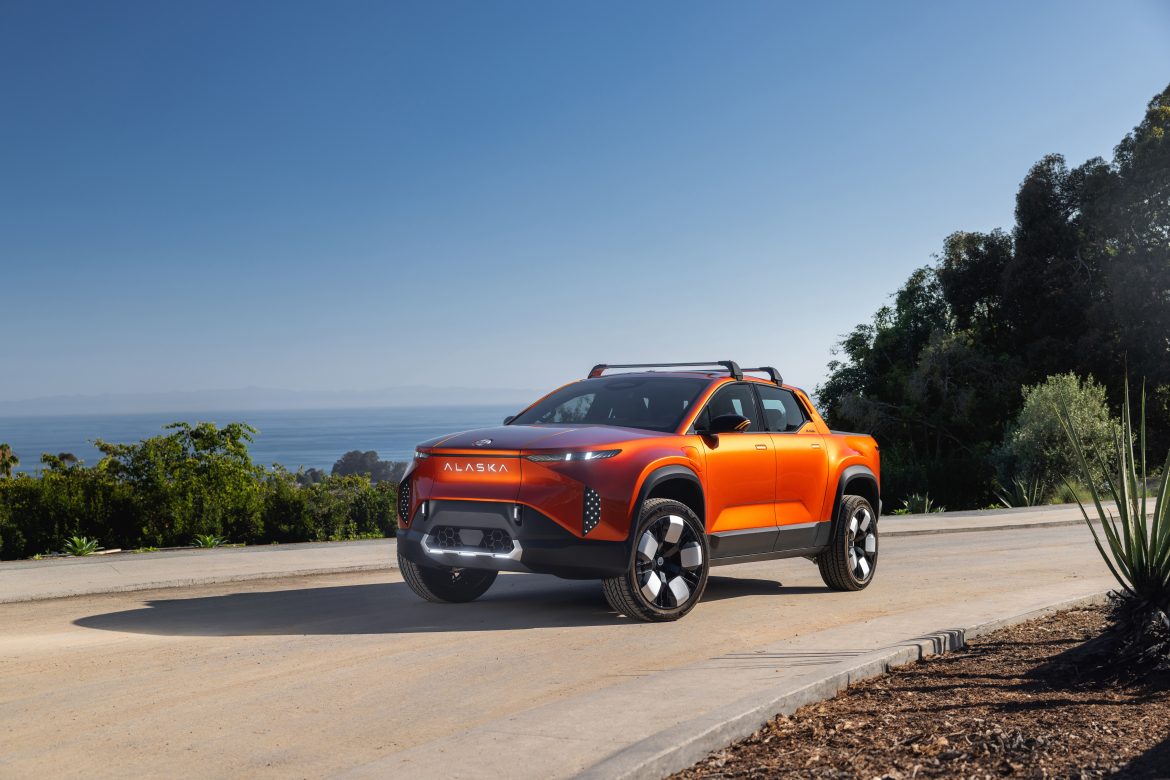Fisker, an EV-making company, has made an announcement that the EV production of its future EV’s will be suspended for six weeks. This strategy was accompanied by a plan for the acquisition of up to USD 150 million in funding through the sale of convertible notes, after a default on the interest payment, as the company is struggling with cash flow problems.
Production pause and financial struggle
Fisker reported that among other things, it produced zero Ocean SUVs in January. However, its manufacturing partner, Magna’s Austrian unit, managed to produce approximately 1,000 vehicles between February 1 and March 15. The production volume contributed to a delivery of 1,300 vehicles around 2024, with the accounting of inventory value at over USD 200 million for the already built vehicles.
Fundraising efforts
In order to offset its financial issues, Fisker plans to put up senior secured convertible notes with 10% original issue discount intending to collect up to USD 150 million. These notes will be bought out by CVI investments, through Heights capital management, and possibly converted to debt in Fisker.
Missed interest payment and liquidity status
While Fisker appeared to have sufficient capital, it failed to make a USD 8.4 million interest payment that was due March 15 for certain notes with March 2026 maturity. The company exercised its power to reset the end of the 30-day period during which it intented to coordinate with the investors regarding its capital structure. At present, Fisker has a cash balance of USD 120.9 million which is in a significant decline from USD 395.9 million in the year end.
Pursuit of strategic partnerships
Fisker confirmed that the company was actively communicating with a large carmaker concerning a potential transaction, while not revealing the name of the carmaker. Before the agreement with Nissan, a series of reports about producing financial support became public which would imply substantial monetary help for the EV company.
Sales strategy transition and operational challenges
As the company goes through its financial difficulties, Fisker has been shifting its sales strategy from a direct customer to an dealer-based market. This is a tactical maneuver considering that the company faces many distributional and operational challenges in business. In February, Fisker reported a clear uncertainty on how it could keep on as a viable going concern and it halted investments in new projects until a partnership with an auto company was in place.
Fisker’s decision to put production on hold and search for additional funding showcase incumbent disarray experienced by EV startups in a competitive marketplace. During the course of financial obstacles, however, the company is still dedicated to conducting a strategic partnership to overcome the hardships and make sure its future in the dynamic automotive sector is secure.



